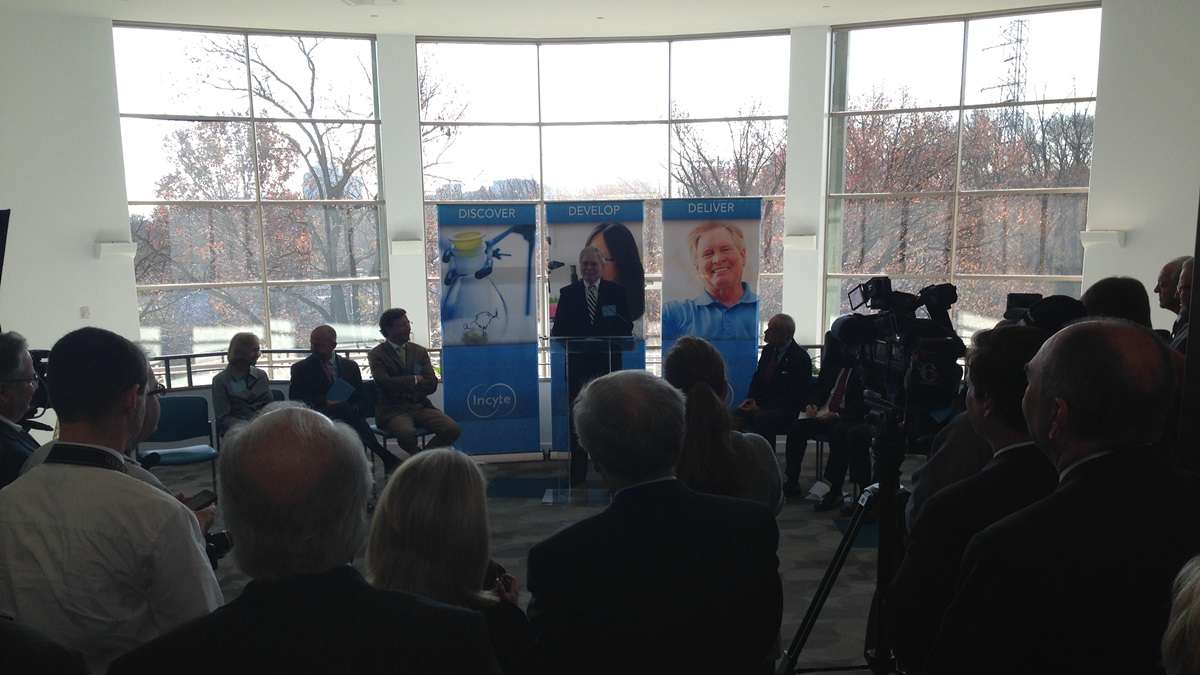Commentary: New Jersey’s high cost of living is making many want to leave
When 60 percent of New Jersey residents confess to a pollster that they want to move elsewhere; when 54 percent say their departure desire was prompted by the high cost of living; and when 24 percent identify property taxes as the reason behind their decision, one would think government would take notice and a closer examination of these factors would be in order.
That it’s expensive to live here is not in dispute — in high-income states like New Jersey the cost of living tends to track more closely with upper earning levels rather than middle or lower. It’s trickle-up economics.
Providing the fundamental food, clothing, and shelter is driven by market forces that reflect the relative wealth in the region. Consequently, there is little government can do to control or regulate the expense of everyday living.
It can, however, turn its hand toward the nearly quarter of those who express a desire to relocate because they are struggling to pay their property taxes and view leaving as the only alternative left.
The state’s overreliance on property taxes to fund education and county and municipal services has been identified for decades as the issue most troubling to those who live here. It’s been a staple in campaigns at all levels, and pledges to aggressively pursue solutions litter the political landscape like the candidates’ roadside signs once the election is over.
Despite efforts to address the issue, the basic premise of financing local governments has remained largely unchanged — depending exclusively on the value of real estate as indicative of the ability of the owners of that real estate to pay.
For many, it is an unreliable and outdated concept that fails to reflect personal economic circumstance and has led directly to families selling their homes and leaving the state because they can no longer afford the taxes.
Despite mounting evidence and numerous studies showing that for many the property tax burden is no longer bearable, serious-minded consideration of alternatives has been scarce.
Shifting to authorizing municipal governments to levy a local income tax or some version of a sales tax are mentioned periodically but arouse such a political uproar that proponents are forced to beat a hasty retreat.
Taxing income to support local governments — as many others states have done for some time — recognizes that it is a far more accurate and infinitely fairer measure of personal economic health and ability to pay than is the value of a home.
Swapping an income tax for a substantial reduction in property taxes, for example, would be of instant and considerable benefit to senior citizens and middle-income earners.
Property is taxed at a uniform rate; that is, every homeowner pays the same rate on assessed valuation regardless of income. For those who’ve lived in the same home for a number of years and whose property has appreciated in value during that time, taxes have risen steadily even though their incomes have declined through retirement with pensions or Social Security now the sole source of income.
Many others who are employed and in the middle class in terms of salary continue to struggle to meet higher taxes while maintaining their home and a reasonable standard of living.
Opponents of a local income tax argue vigorously that it is nothing more than increased taxation masquerading as tax relief, that it will eventually morph into a more onerous burden and lead to more people fleeing the state.
The only genuine method to reduce property taxes, they argue, is to reduce the cost of government by cutting programs and services and downsizing the workforce.
Municipal consolidation and shared-services agreements have gained favor as cost-savings measures, but a recent Rutgers University study found little difference in governmental costs based on population — bigger is not always better or cheaper –while concluding that any beneficial impact on property taxes would be negligible.
Efforts to provide some measure of relief have largely centered on imposing caps on tax increases and on negotiated salaries and benefits for public employees.
While growth has been slowed, it has been neither halted nor reversed. Moreover, delaying or withholding homestead rebate payments to eligible homeowners in three of the past four years has effectively wiped out any savings resulting from the cap on increases.
Increased state aid to municipalities and school districts has long been the most direct method of curbing tax increases, but such funding has been largely flat in recent years, and the state’s dicey budget situation suggests relief will not be forthcoming anytime soon.
Data compiled by the nonpartisan Tax Policy Center reveals the extent to which the property tax system has become so skewed as to be punitive:
It amounts to $3,000 per capita, by far the highest in the nation.
79 percent of homeowners in the country paid $1,750 per year or less in property taxes.
Three percent paid over $4,000 in property taxes.
0.2 percent paid over $8,000 in property taxes.
The average bill in New Jersey is slightly under $8,000, and in several counties, it has exceeded $10,000.
The outlook for extending local taxing authority to incomes or consumerism is not particularly bright. The Legislature hasn’t even been able to agree on convening a constitutional convention to examine the state’s tax structure, with an eye toward introducing greater fairness and equity in it.
Fears of political retribution if some alternative form of taxation is considered — much less adopted — has led to a sort of weary resignation that property taxes will always be with us, will always rise, and everybody had better get used to it.
The polling data suggests, though, that an increasing number of people aren’t willing to settle for that. Allied Van Lines may turn out to be the big winner.
_____________________________________________
NJ Spotlight, an independent online news service on issues critical to New Jersey, makes its in-depth reporting available to NewsWorks.
WHYY is your source for fact-based, in-depth journalism and information. As a nonprofit organization, we rely on financial support from readers like you. Please give today.












